Money (or lack of it) can be really stressful to deal with, but there is help out there if you need it. There’s a wide range of benefits and services available. To make life that wee bit easier for you, we’ve pulled together a list of what you could be entitled to as a parent.
As well as the benefits listed on this page there are also other benefits you may be able to apply for, such as Universal Credit and Pension credit. Our page on using a benefit calculator explains how you can find out what you’re entitled to.
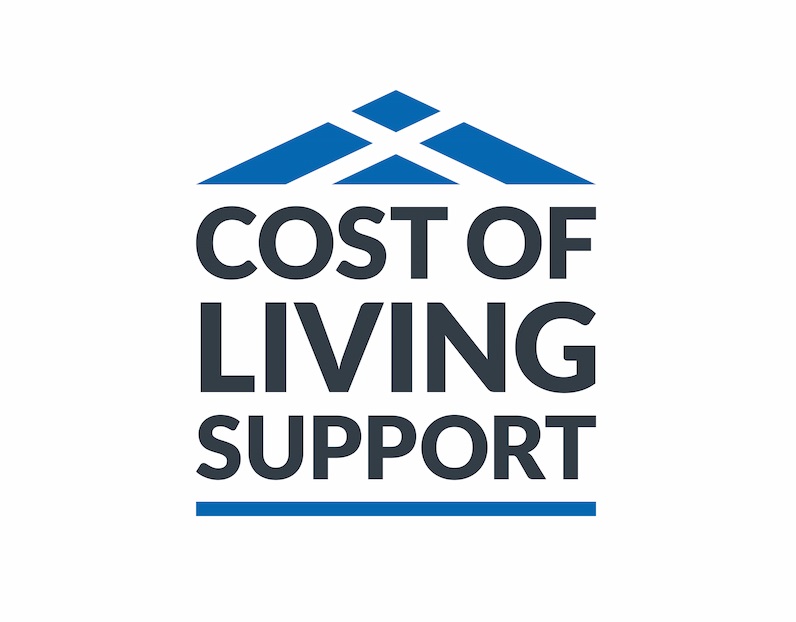
You can find more advice on coping with increasing energy bills, managing rent, support for families, health and wellbeing and benefits and one-off payments and more at gov.scot/costoflivingsupport
How to get help right now
Getting to grips with benefits can feel overwhelming, so if all this seems too much, you can contact the Money Talk Team. They can help you find out:
- what benefits and financial support you may be entitled to
- how you can manage debt
- how you can save money on your outgoings.
There are lots of ways to contact the Money Talk Team. You can:
- get advice on the Money Talk Team website
- call 0800 028 1456 to arrange an appointment
- chat to their virtual assistant.
The appointment with your adviser can be over the phone or in person. Other channels may also be available, like video conferencing, email or webchat.
Support and benefits for expectant parents and parents with a newborn baby
Maternity and paternity leave
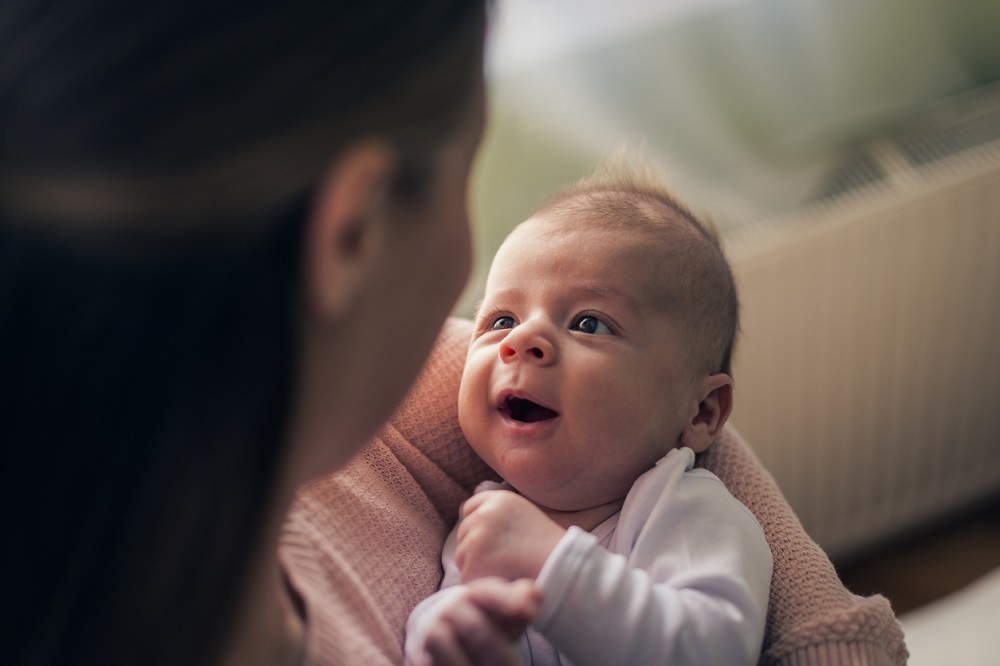
If you’ve just found out you’re going to have a baby and you and/or your partner are currently working, you will be entitled to maternity and paternity leave.
Find out more
You can find out more and apply at the gov.uk website:
You can also find out more about your parental rights on the Citizens Advice Scotland website.
The Pregnancy and Baby Payment
The Pregnancy and Baby Payment is a cash payment for parents or carers who get certain benefits or are under 18, to help you give your baby the best start. If you're 18 or 19 and dependent on someone else (for example, your mum or dad) who gets benefits on your behalf, you're also eligible for a payment.
The Pregnancy and Baby Payment can help to cover some of the costs of having children. These costs could be things like needing a pram, buying clothes or heating your home but, because it's a cash payment, you can choose how you need to spend the money.
Find out more
To find out more about the Pregnancy and Baby Payment visit mygov.scot or phone Social Security Scotland on 0800 182 2222.
Scotland’s Baby Box
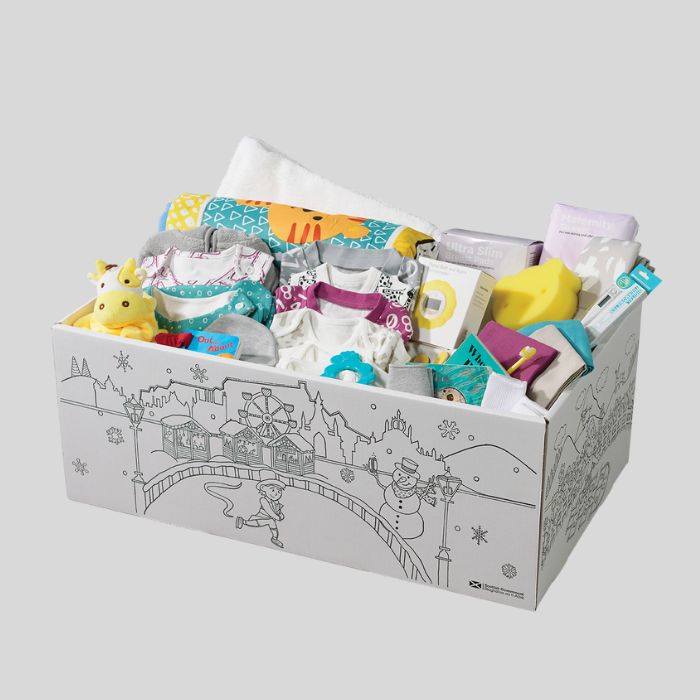
Every baby born in Scotland is welcomed with their own Baby Box. The Baby Box helps families prepare for the arrival of their baby and provides a safe and comfortable place for them to sleep. The box itself acts like a Moses basket as it comes complete with a mattress and bedding that fits perfectly.
New babies need a surprising amount of stuff! Scotland’s Baby Box is packed full of clothes, bedding and lots of other useful things to help give your baby the best possible start in life.
Find out more
Find out more about the Baby Box and how you can get yours.
Best Start Foods payments
Best Start Foods is a prepaid card you can use to buy healthy food. It replaces the UK Government’s Healthy Start Vouchers in Scotland.
You can use the card in any shop that sells the healthy foods listed on the card, and accepts card payments, in store or online.
You can apply for Best Start Foods if you live in Scotland, you get certain benefits or tax credits under a certain amount and you’re pregnant or the parent or carer of a child under 3.
If you’re under 18, you might be eligible during your pregnancy and up until your child turns 1 – even if you’re not on any benefits.
Find out more
You can find out more and apply for Best Start Foods at the gov.scot website.
Young Patients Family Fund
If your baby was born prematurely or is in hospital for another reason, there is help available to support you with the cost of hospital visits. The Young Patients Family Fund allows the parents and primary carers for child inpatients to claim for the cost of food, travel and accommodation associated with visits to hospital.
Find out more
You can find out more about the Young Patients Family Fund further down this page.
General support and benefits for parents
Best Start Grants and Best Start Foods
The Best Start Grant is a series of cash payments to help cover the costs of some of the things you might need as you bring up a wee one. There are three payments that you can apply for depending on how old your child is:
- the Pregnancy and Baby payment
- the Early Learning payment, and
- the School Age payment.
Best Start Foods is a pre-paid card you can use to buy healthy food for you and your child. You can use it while you’re pregnant and for children under 3.
Find out more
To find out more about Best Start Grants and Best Start Foods visit mygov.scot.
Scottish Child Payment
The Scottish Child Payment helps towards the costs of supporting families. It is a weekly payment of £26.70 (paid every 4 weeks) for every eligible child under the age of 16. There is no limit on the number of children you can claim for, the amount payable is reviewed annually, so it could increase.
Scottish Child Payment is payable to individuals or their partners who live in Scotland, are in receipt of certain qualifying benefits and are either the main person responsible or in some cases their partner, for children under the age of 16. This includes kinship carers.
If you get Scottish Child Payment, Social Security Scotland will automatically check if you can get these payments:
- Best Start Grant Early Learning Payment
- Best Start Grant School Age Payment.
If you don’t receive Scottish Child Payment, or have opted out of automatic payments, you must apply for Early Learning Payment and School Age Payment.
Scottish Child Payment does not affect any other UK or Scottish Government benefits in receipt. To understand how Scottish Child Payment might affect local council allowances please contact your local authority.
Find out more
You can find out more about the Scottish Child Payment and make an application on mygov.scot here.
You can find out more about Best Start Grant and make an application on mygov.scot here.
Child Benefit

You can get Child Benefit for any of your children who are under 16 and live in the UK. If they stay in most types of school, college or training after that age you can get Child Benefit until they're 20. Only one person can claim Child Benefit for a child.
You should claim Child Benefit as soon as your child is born or, if they're adopted, as soon as they come to live with you. Child Benefit can only be backdated for up to 3 months so if you claim it any time after this you'll miss some payments.
Find out more
You can find out more about Child Benefit and apply on the gov.uk website.
Guidance on eligibility, how to claim and how to challenge a decision is available on the Citizens Advice Scotland website.
Child Tax Credit and Universal Credit
Child Tax Credit is another payment made by the Government to help with the cost of bringing up a child. It's different from Child Benefit, which every child in the UK is eligible for, as not every household is eligible for Child Tax Credit. It depends on your circumstances, including your income, how many children are living with you and whether your child has a disability.
The Government is currently introducing Universal Credit, a new type of benefit which will eventually replace tax credits, including Child Tax Credit.
Find out more
Visit www.gov.uk for more information on Child Tax Credit, and to find out whether Universal Credit has replaced it in your area yet. If you're thinking of claiming Universal Credit for the first time, you can get help and guidance through the process from Citizens Advice Scotland.
You can find out more about tax free childcare on the gov.uk website.
School clothing grant
You may be entitled to apply for a school clothing grant, which provides financial help towards the cost of buying a school uniform. School clothing grants are normally a cash grant paid directly into your bank account from your local council. Eligibility criteria for school clothing grants (i.e. who can apply) is set by local councils.
Find out more
Further information, and a direct link to local council websites, is available on the mygov.scot website.
Free school meals
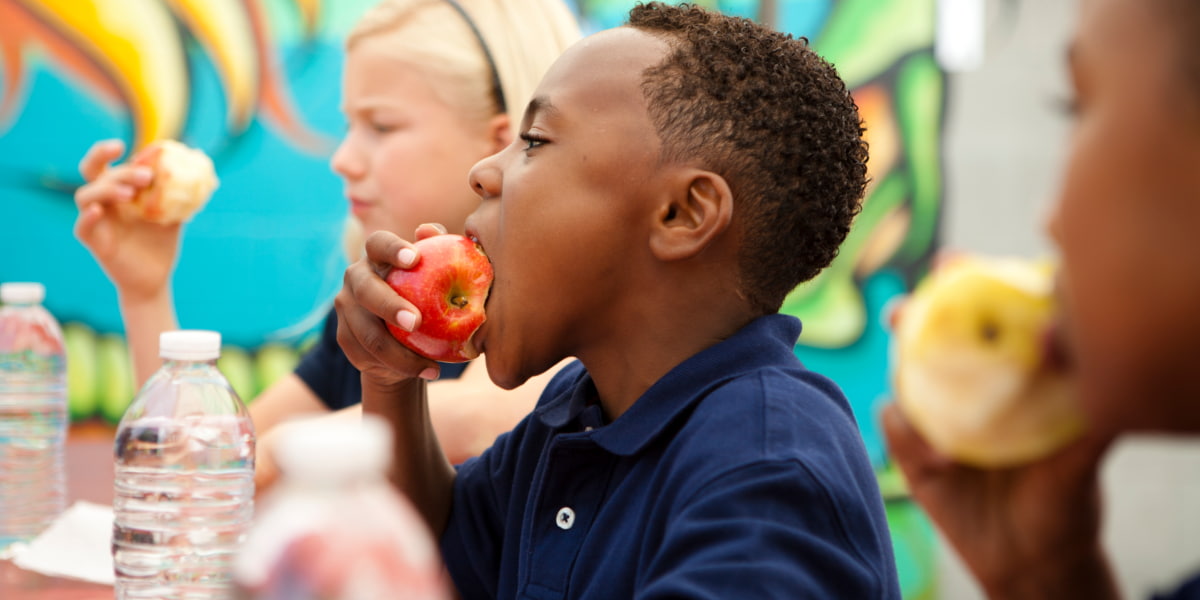
All children get free school meals during term-time if they go to a local authority school and are in primary 1, 2, 3, 4 or 5.
Children in P6 and above can also get free lunches if you receive certain benefits. Older pupils aged above 16 can also receive free school meals if they receive the same qualifying benefits in their own right.
Find out more
Visit the mygov.scot website to find out if your child is eligible to receive free school meals. Your child's school may also be able to help.
More information on help with school costs can be found here.
Financial help if your child is in hospital
It’s upsetting enough if your child needs to go into hospital without worrying about how you’ll pay the travel and extra food costs of visiting them every day. So if you are the parent or primary carer of a child (under 18) who is an inpatient in hospital, you can claim for financial help towards food, travel and, where appropriate, accommodation when you go to see them. Claims can be made through the Young Patients Family Fund. You can also claim for financial help towards food, travel and accommodation for any of your child’s brothers or sisters under 18 years old who are coming to the hospital to see their sibling.
You must claim from the Young Patients Family Fund within 3 months of the young inpatient being discharged from hospital.
Find out more
You can find out more about the Young Patients Family Fund and make a claim on the mygov.scot website.
Help with childcare costs
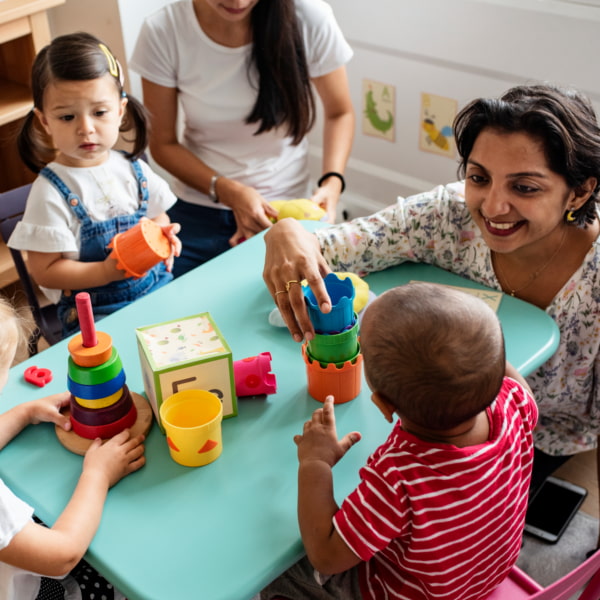
If your child is 3 or 4 years old, you can access up to 1140 hours of funded early learning and childcare a year (around 30 hours a week in term time). About a quarter of 2 year olds are also eligible.
In addition to the 1140 hours, you may be able to get help with childcare costs through tax credits for childcare, tax-free childcare or Universal Credit for childcare.
Find out more
You can find out more about help with childcare costs here and on the Childcare Choices website.
Guardian’s Allowance
If you’re looking after a child whose parent or parents have died, you may be able to apply for Guardian’s Allowance.
Find out more
You can find out more about Guardian’s Allowance and apply at the gov.uk website.
Charitable grants
Depending on your situation, you may be able to apply for a grant from a charity, which you won’t need to pay back. For example, some charities give grants to people who have a particular disability or illness, some give grants to people because of their job or a job they’ve had in the past, and others give grants depending on your age or gender.
Find out more
You can use the grant finder on the Turn2Us website to see if there’s anything you can apply for in your area.
Support if you're separating from your partner
Separating from your partner is never going to be easy. But you don’t have to cope with the situation alone. There are lots of organisations that can help with advice and support on financial issues, housing and wellbeing.
Find out more
Our page on separation has more information.
Support for single parents
Raising a child or children on your own can be tough, but there’s lots of help and support out there for lone parents.
Find out more
- One Parent Families Scotland offer help and advice on managing money for single parent families.
- Shared Parenting Scotland offer an online course to help you deal with money and debt issues.
- If you have any money worries, or if you’re in debt and you want some advice, you can call the Money Talk Team for free and they’ll be able to chat through your options and help you find the best way forward.
Financial help if you're an unpaid carer
If you spend over 35 hours a week caring for someone with an illness or disability, you may be entitled to Carer’s Allowance or Carer Support Allowance. This person you care for could be a child, a parent or another relative, or someone you’re not related to at all.
Find out more
You can find out more about Carer’s Allowance and apply on the gov.uk website.
The Carers UK website also have helpful information on Carer’s Allowance, as well as lots of other useful advice about financial and practical support. They also have a helpline you can call.
Benefits, grants and loans if you're disabled or have a disabled child
Financial support if you're disabled
If you’re disabled, there are a range of benefits you may be able to apply for.
- Some of these are provided by the UK Government – you can find out more about UK benefits here.
- Some are provided by the Scottish Government – you can find out more about Scottish Government payments here.
You can work out what you’re entitled to using a benefits calculator. It’s also a good idea to talk to an adviser from the Money Talk Team or Disability Information Scotland. Disability Information Scotland also offer helpful guides to benefits, grants and support.
Financial support if you have a disabled child
If you have a disabled child you may be eligible for additional financial support to help meet their care and mobility needs:
- There's Child Disability Payment (which replaces Disability Living Allowance for Children) to help with their care and mobility needs.
- You may also be entitled to Carer's Allowance.
- If your child is aged 16 or over they may be entitled to Adult Disability Payment.
- Children and young people in Scotland can receive Child Winter Heating Assistance if they're under 19 years old and get certain benefits.
- You may also be able to get a grant from the Family Fund.
Applying for benefits if your child is disabled can feel overwhelming at times, so for help and advice call the Money Talk Team or visit the Contact website for families with disabled children – they also have a helpline you can call.
If you need help to access food and other essentials
Anyone who's struggling financially should contact their local authority, a local advice service, or Social Security Scotland as well as checking the Scottish Government's Cost of Living website for advice.
If you need urgent help with food or money you should contact your local council first. The help they could offer includes:
- loans or grants, such as the Scottish Welfare Fund Crisis Grant
- food, fuel and other essentials, such as through referrals to community food organisations and food banks
- mental health and wellbeing support.
Each local council has their own service and their processes might be different. You need to contact your local council to find out what support they can offer. Some grant applications can take up to 2 days to process. If you think you’ll need help sooner than that, you should let your local council know.
What if I don't have a bank account?
Most benefits are paid into your bank account, so if you don’t have one this can be tricky. If you’re in this situation, it may be worth opening a fee-free basic bank account. It might also be a good thing to think about if you can’t use or open a standard current account. You can use a fee-free basic bank account to receive money and pay bills, but it doesn’t allow you to have an overdraft.
- You can find out more about fee-free basic bank accounts on the Money Helper website.
- You can find information on different types of bank accounts on the Citizens Advice Scotland website.
Talking to an adviser
Remember, benefits calculators will only give you an idea of what you can apply for and an estimate of how much you’ll get, so it’s a good idea to talk to an adviser at the Money Talk Team or the relevant benefits office to check exactly what you can get.
- You can contact Social Security Scotland here.
- You can contact the Disability Living Service here.
- You can find contact details for all UK benefits here.
To find advice in your local area, select your local council from the list here. You’ll then be taken through a few quick online questions that will help you find the support you’re after. You can download this information as a leaflet, which is also available translated into different languages.
 Activities & Play
Activities & Play Behaviour
Behaviour Childcare
Childcare Development & Growing Up
Development & Growing Up Family, Friends & Relationships
Family, Friends & Relationships Feeding Your Baby
Feeding Your Baby Food & Eating
Food & Eating Health & Safety
Health & Safety Mental Health & Wellbeing
Mental Health & Wellbeing Money & Work
Money & Work Online Behaviour & Safety
Online Behaviour & Safety Pregnancy & First Days
Pregnancy & First Days School & Education
School & Education Sleep
Sleep

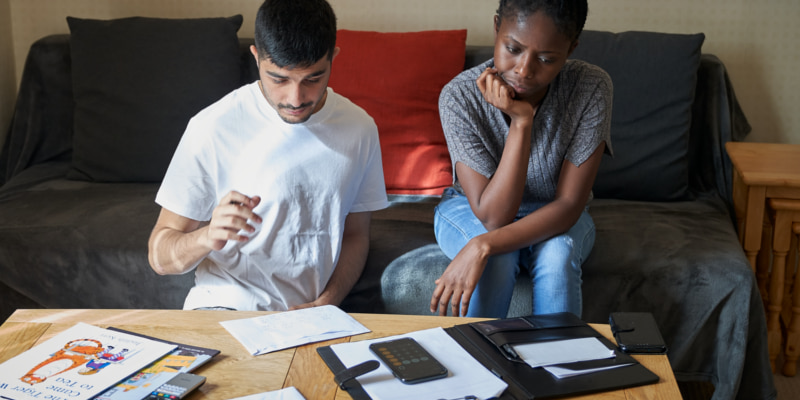
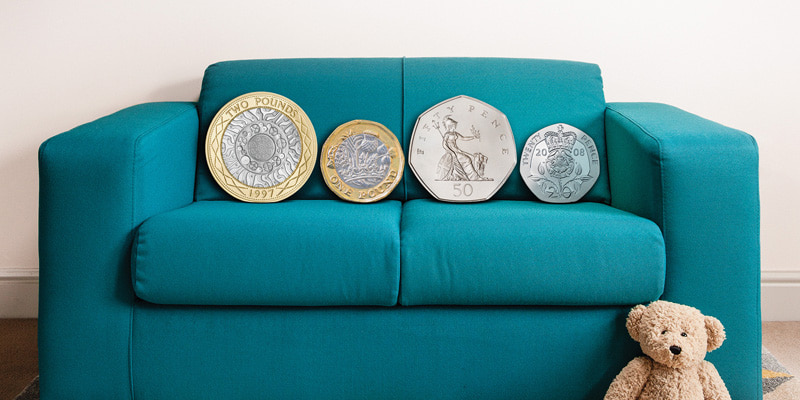
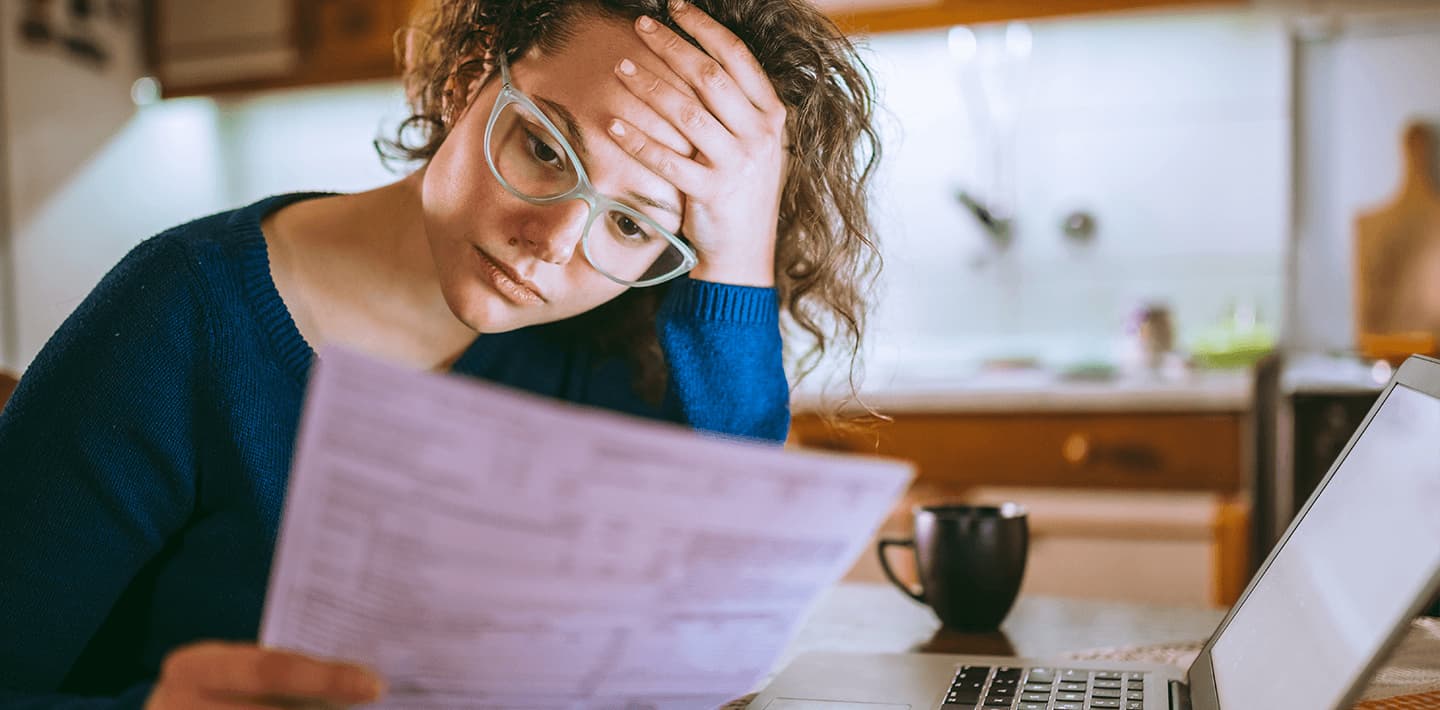

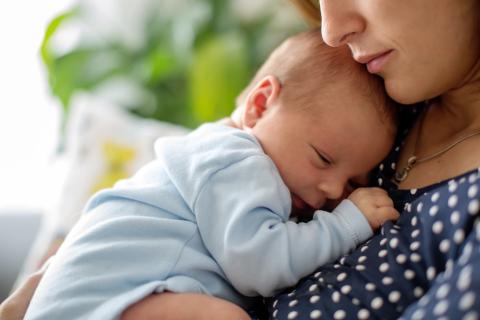




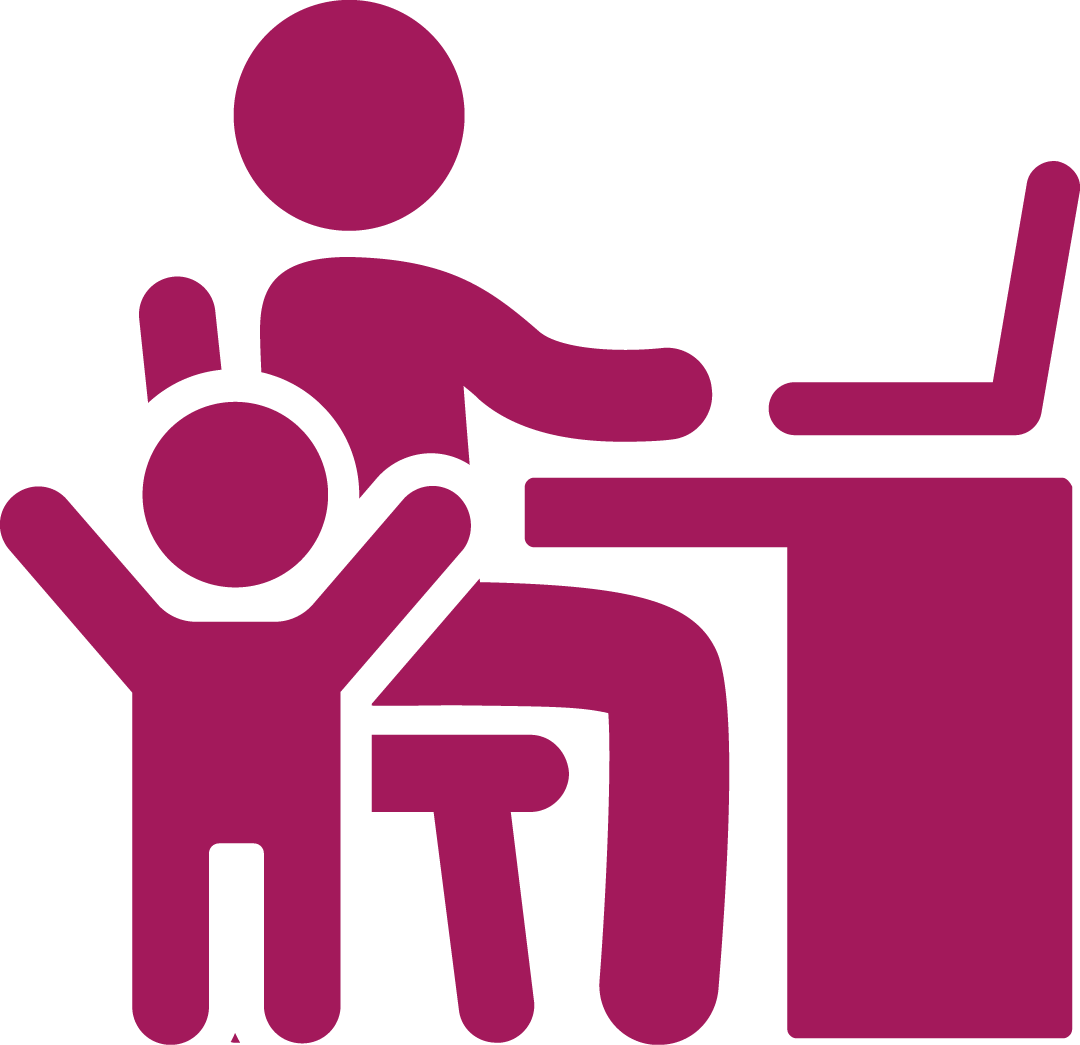 Childcare
Childcare
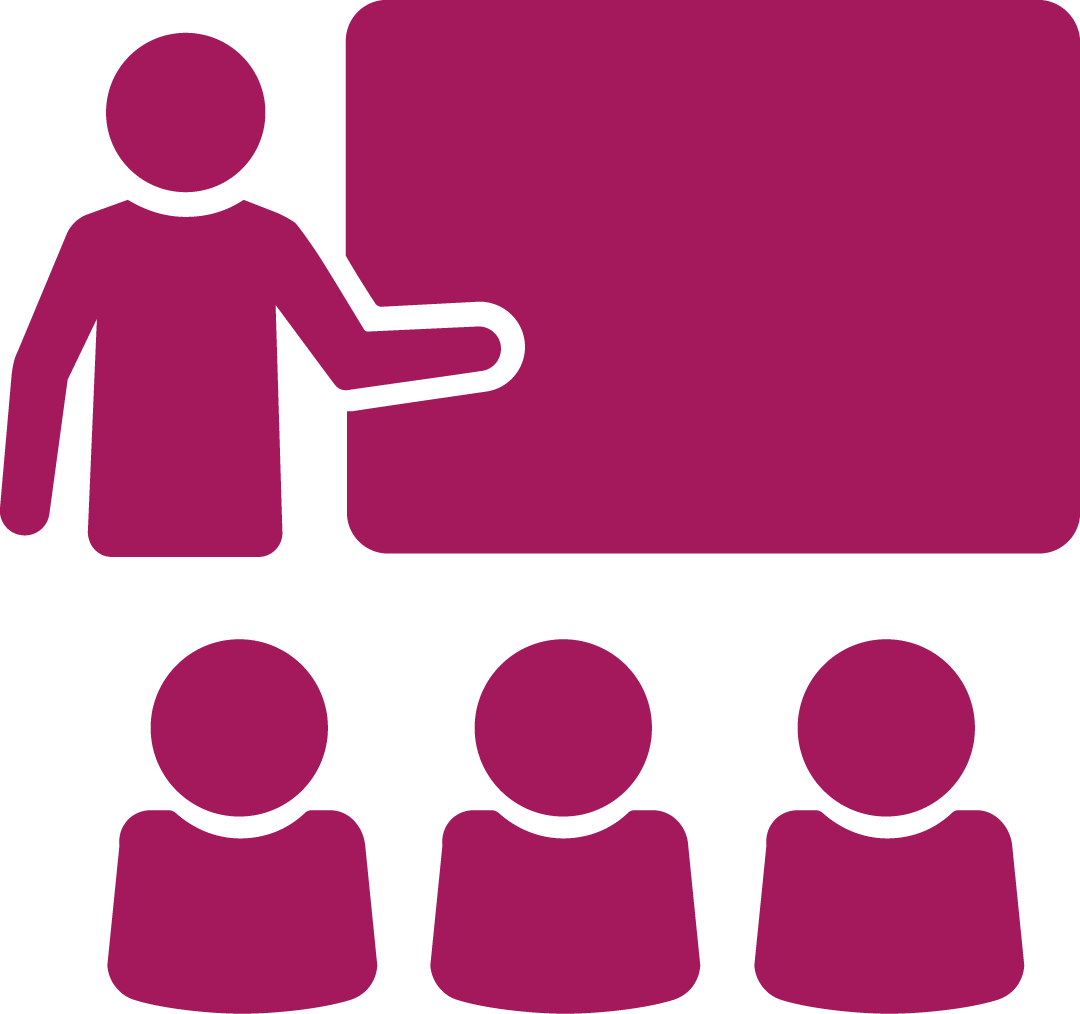 School & Education
School & Education